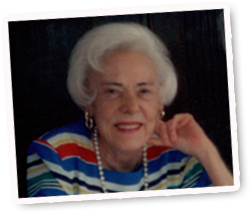
- Fellowship year:2016-2017
- University: University of Michigan
- Dissertation Topic/Category: United States
- Dissertation Title: Both the Honor and the Profit: Anishinaabe Warriors, Soldiers, and Veterans from Pontiac's War through the Civil War
From 1863 to 1865, one hundred and thirty-six Anishinaabe men served in Company K of the First Michigan Sharpshooters. In order to understand why these Odawa, Ojibwe, and Boodewaadamii men fought in the Civil War, "Both the Honor and the Profit" examines changes in Anishinaabe masculinity, leadership, and status from Pontiac's War (1763) through the early 1900s. Anishinaabe men joined the Union army due to the influence of social and political networks, as well as religiously-inspired antislavery ideology. While they shared reasons for enlisting with white African American soldiers, they had particularly Anishinaabe motivations as well. Their history- significant encounters with missionaries; their warrior past, including the not-so-distant War of 1812; their treaty relationship with the United States; and their conceptions of alliance and reciprocal relationships- affected decisions to enlist.
Anishinaabe history disrupts the dominant narrative about indigenous peoples during the nineteenth century centered on removal. Military records, missionary correspondence, battlefield memoirs, and family letters suggest that Christianity and service in the Civil War provided some Ojibwe and Odawa men with multiple strategies to acquire or sustain leadership positions, maintain autonomy, and remain in their homelands. They claimed the rights and responsibilities of male citizenship- voting, owning land, and serving in the army- while also actively preserving their status as Indians. This history complicates the binary of black and white racial categories that dominates many discussions of the Civil War and citizenship.
